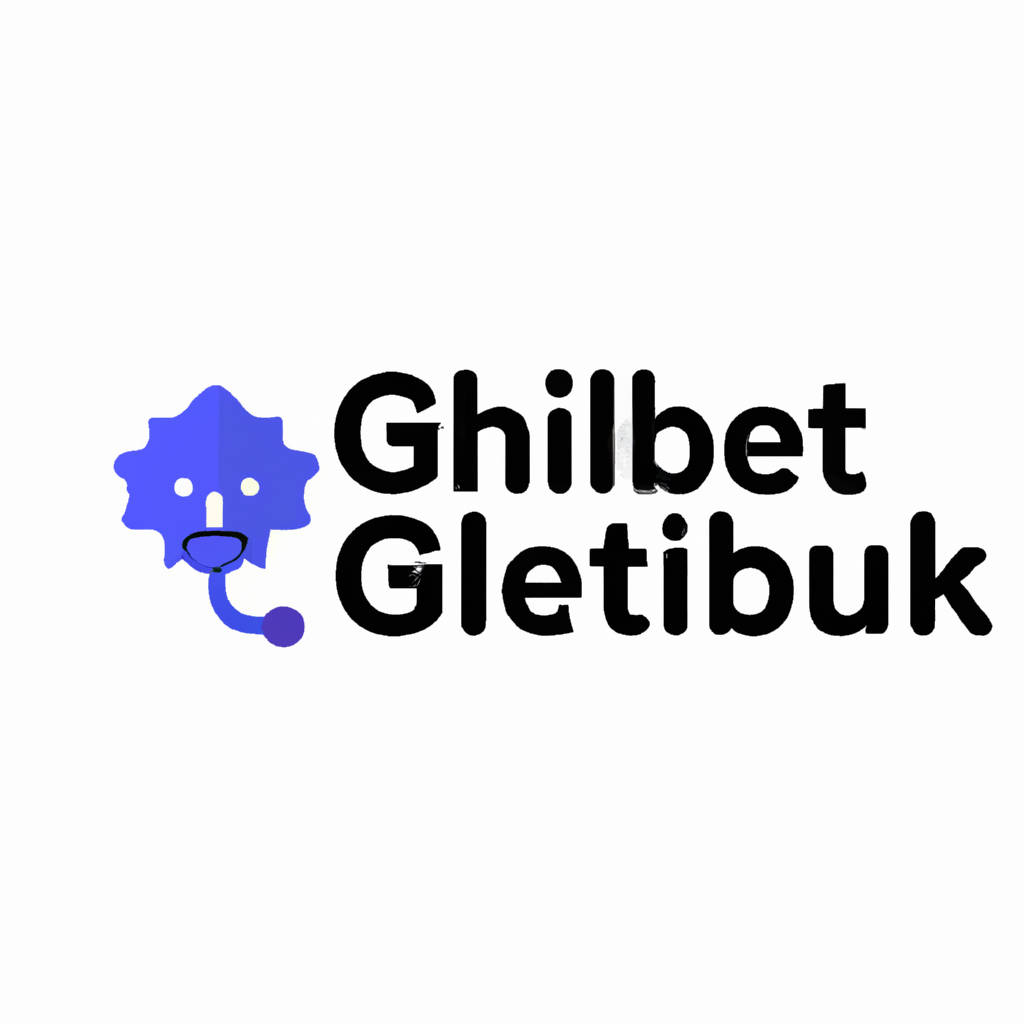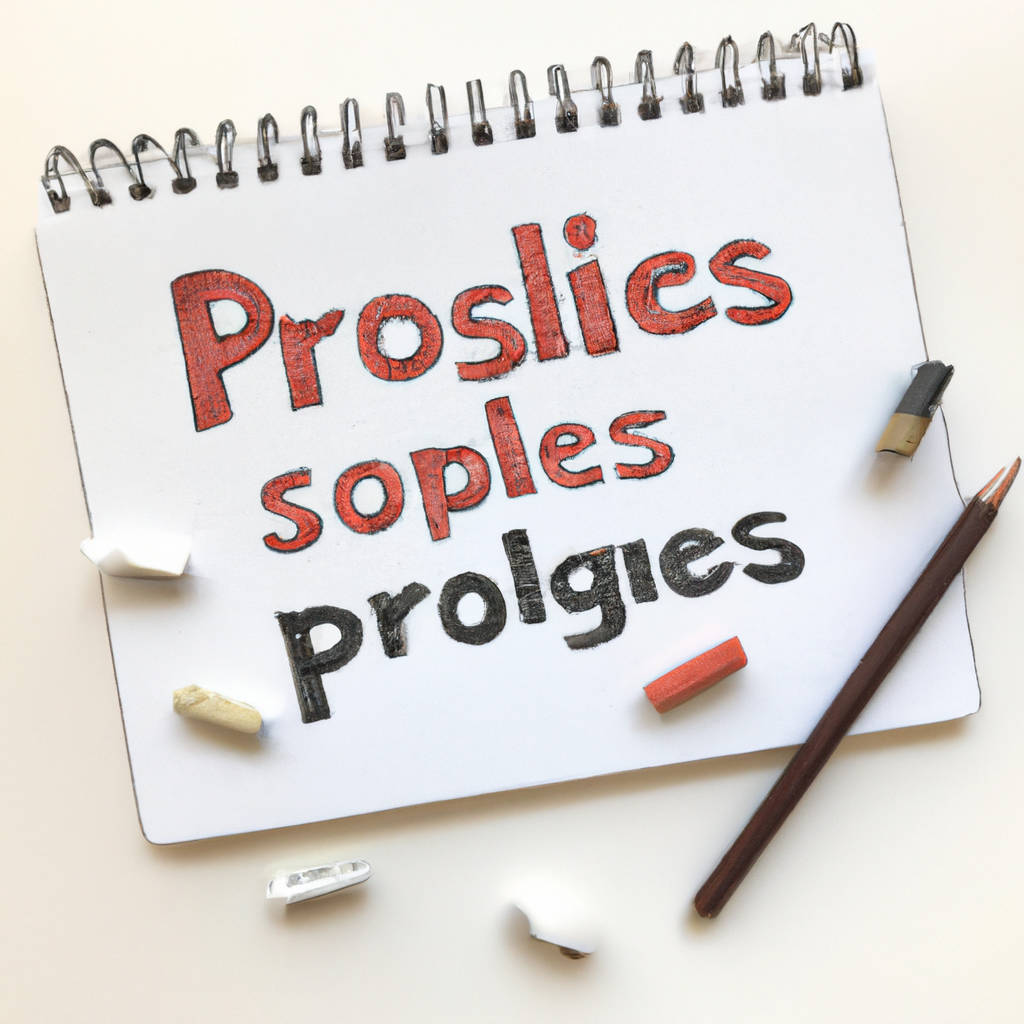GitHub is a web-based platform that serves as a valuable tool for developers to collaborate and share code with one another. It provides a centralized location for storing and managing code repositories, making it easier for teams to work together on projects. By utilizing features such as version control and issue tracking, GitHub allows developers to track changes to their code, identify and fix bugs, and manage project tasks efficiently.
Additionally, GitHub offers a platform for developers to showcase their work, build a portfolio, and contribute to open-source projects. This fosters a sense of community among developers and encourages knowledge sharing and collaboration within the tech industry. Overall, GitHub plays a vital role in the software development process by providing a platform for developers to work together, learn from one another, and contribute to the advancement of technology.

Version Control
Version control is a critical aspect of managing code and other files in a collaborative environment. It allows multiple team members to work on the same project simultaneously without fear of overwriting each other’s changes. By using version control systems like Git or Subversion, developers can keep track of every change made to a file, as well as who made the change and when.
This level of transparency and accountability helps to prevent errors and conflicts from occurring, ultimately leading to a more efficient and organized workflow. Additionally, version control allows developers to easily revert back to previous versions of a file if needed, making it easier to troubleshoot and fix bugs. Overall, version control is a valuable tool for any team working on a project together, providing a structured and reliable way to manage and track changes to files.
Repositories
Repositories are locations where items are stored or kept, typically for safekeeping or preservation. They can come in various forms, such as physical buildings or digital databases. In the context of software development, repositories are often used to store code and track changes made to it over time. This allows multiple developers to collaborate on a project, make changes, and track the history of those changes. By using repositories, developers can easily revert to previous versions of the code if needed, ensuring the stability and integrity of the project.
In the academic world, repositories are used to store research papers, articles, and other scholarly works, making them easily accessible to the public. This helps to promote transparency and collaboration within the academic community. Similarly, museums and archives serve as repositories for cultural artifacts and historical documents, preserving them for future generations to study and appreciate. Overall, repositories play a crucial role in storing and preserving valuable information and resources, ensuring their availability for current and future use.
Collaboration
Collaboration is the act of working together towards a common goal or objective. It involves individuals or groups coming together to share ideas, resources, and expertise in order to achieve a desired outcome. Collaboration can take many forms, from informal partnerships between friends or colleagues to more formal agreements between organizations or institutions. In a collaborative environment, participants are encouraged to listen to each other, communicate openly, and contribute their unique perspectives and skills.
This often leads to more innovative and creative solutions to complex problems. Collaboration can also help build trust and foster stronger relationships among participants, leading to increased productivity and job satisfaction. By working together, individuals can leverage each other’s strengths and compensate for each other’s weaknesses, resulting in a more effective and efficient outcome. Overall, collaboration is a powerful tool that can help individuals and organizations achieve their goals more effectively than they could on their own.
Issues and Projects
Issues and projects are constantly evolving in society, as individuals and organizations strive to address complex challenges and create innovative solutions. These issues can range from environmental concerns such as climate change and deforestation, to social issues like poverty and inequality. Projects are initiatives that aim to tackle these issues head-on, often involving collaboration between various stakeholders and the implementation of strategic plans. It is important for individuals to stay informed about these issues and actively participate in projects that align with their values and goals.
By working together to address pressing issues and support impactful projects, we can create positive change and foster a more sustainable and equitable world for future generations. It is essential that we prioritize these issues and projects, as they have far-reaching implications for the well-being of our communities and the planet as a whole. Through collective action and a commitment to making a difference, we can make meaningful progress towards addressing these issues and creating a better future for all.

Documentation and Wikis
Documentation and wikis serve as valuable tools for individuals and organizations looking to compile and share information in a centralized and accessible way. By creating detailed documentation, individuals can record processes, procedures, and best practices for future reference. This not only ensures consistency and efficiency but also helps in training new team members and troubleshooting issues. Wikis, on the other hand, offer a collaborative platform for multiple users to contribute, edit, and update information in real-time.
This can be especially helpful in projects that require input from various stakeholders or teams spread across different locations. Additionally, wikis allow for the creation of hyperlinks, tables, images, and other multimedia elements to enhance the content and make it more engaging for readers. By utilizing these tools effectively, organizations can streamline their knowledge management processes, improve communication, and foster a culture of transparency and accountability.
In today’s fast-paced and information-driven world, having a robust documentation and wiki system in place can make a significant difference in the success of a project or organization. Furthermore, the ability to easily search and retrieve information from a well-maintained wiki can save time and resources that would otherwise be spent on duplicating efforts or reinventing the wheel. Overall, documentation and wikis play a crucial role in knowledge sharing, collaboration, and innovation, making them indispensable tools for modern businesses and individuals alike.
Conclusion
In conclusion, it is important to consider the consequences of our actions and the impact they have on others. It is essential to think about the potential harm that can be caused by our choices and to strive to make decisions that promote the well-being of ourselves and those around us. While it may be tempting to take shortcuts or engage in behavior that benefits us in the short term, it is crucial to remember the long-term implications of our actions. By taking the time to reflect on the potential consequences of our choices, we can make more informed decisions that align with our values and beliefs.
It is also important to consider the perspectives of others and to recognize that our actions can have a ripple effect that extends far beyond ourselves. By being mindful of the impact of our choices, we can work towards creating a more positive and harmonious world for all. Ultimately, it is up to each individual to take responsibility for their actions and to strive to make choices that contribute to the greater good. By working together to promote understanding and empathy, we can create a more compassionate and just society for all.